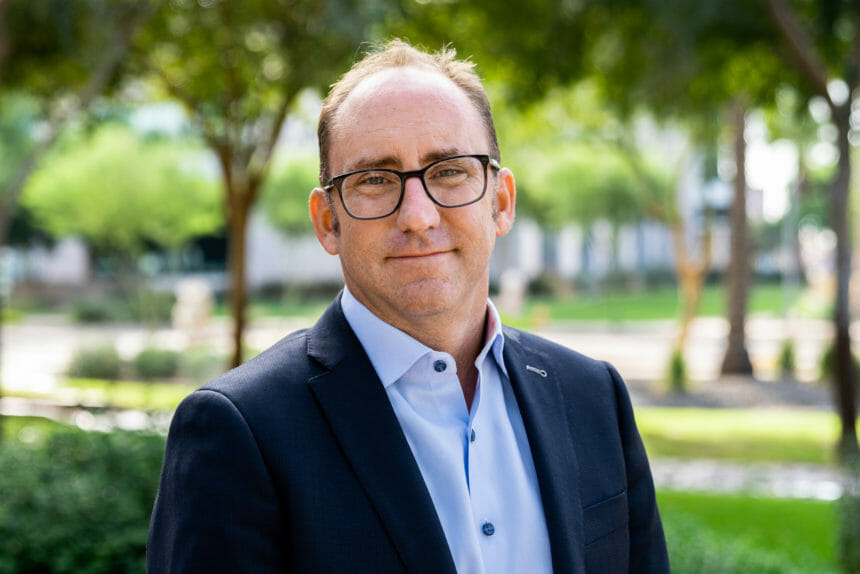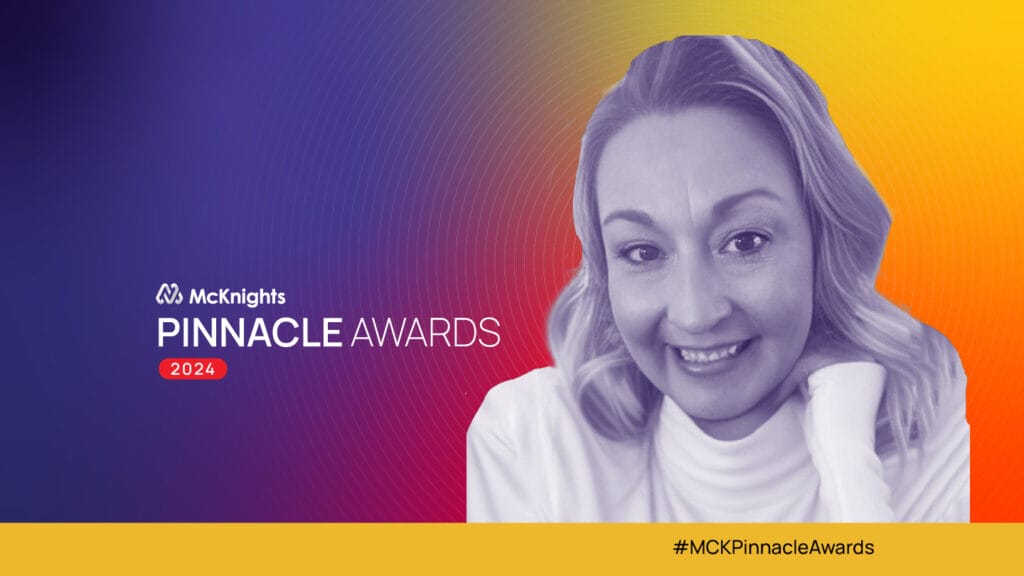
Nearly two years in, many Americans have adapted to the frequent restrictions that COVID-19 has placed on our lives. For one segment of the population, though, the impact has been especially disruptive — seniors. As some of the most vulnerable to this wildly contagious virus, the emergence of new variants and a rise in infections has only prolonged restrictions that can also create risks to their health and well-being.
Throughout the pandemic, Tivity Health has been surveying adults aged 65 and older who are enrolled in Medicare Advantage. While many had reported more normalcy in the spring and summer, the rise of the delta variant led to renewed sense of vulnerability and a spike in social isolation and anxiety. With the emergence of the omicron variant, we are seeing a similar trend and heightened fears that they won’t be able to return to normal routines anytime soon.
In our most recent survey, 56% of seniors cited the uncertainty of knowing when things will return to normal as causing distress, up almost 20 points since late November. A total of 59% cited concerns about the health of family and friends as their top source of stress and anxiety. Comfort levels around socializing with family and friends has steadily declined since mid-November from 67% to 53%, indicating that seniors may once again be staying home to stay safe.
And across the board, a significant number of older adults are stressed, with 46% reporting that they worry too much about different things and 38% report feeling anxious or on edge. Social isolation and chronic stress have a serious impact on seniors’ well-being and can contribute to significant health concerns. Without question, they are issues that we should address now rather than waiting for a more definitive “end” to the pandemic.
Social isolation can increase the risk of early mortality early mortality, coronary heart disease, stroke and dementia. As seniors continue to limit interactions during the pandemic, there is growing concern about its short- and long-term impact on this group. Fortunately, there are steps seniors and their loved ones can take today to provide support.
Virtual options to improve seniors’ well-being
Virtual options can provide a bridge to connection when in-person activities aren’t possible. From fitness to online learning to video chats with family and friends, digital solutions can help keep seniors connected to healthy activities. Seniors have adapted to tools like video conferencing at an impressive rate during the pandemic, but some may need encouragement or technical help to leverage these tools.
Seniors may need information and encouragement to identify low-risk activities and evaluate extra steps to ensure safety. For example, they may not feel comfortable at a crowded concert but could still attend smaller, socially distanced in-person gatherings.
All Americans should follow public health guidance related to COVID-19 and the omicron variant. Studies overwhelmingly indicate that those who have received two vaccine doses plus a booster shot are at a lower risk of a serious illness from omicron. Seniors should also have the recommended masks on hand and can obtain free rapid tests through https://www.covidtests.gov/. In addition, an annual flu shot is recommended for all seniors to ensure they don’t develop another serious illness while trying to protect themselves against COVID-19. Taking these precautions should also help seniors to feel more confident in engaging in safe social activities.
Stay engaged
Finally, seniors should continue to engage in routine activities that will help them maintain both their physical and mental health and well-being, including regular doctors’ visits and physical activity. In our latest survey, 56% of seniors reported that they are staying physically active by walking outside. This is a great way to keep moving and to take advantage of all the benefits of movement. And keeping up with routine appointments will ensure that no new health issues emerge.
The health implications of social isolation are increasingly being recognized by healthcare professionals, but we must also recognize that seniors are in an especially precarious position. As we enter the third year of the pandemic, we must double down on efforts to help seniors connect and enjoy the rich health and lifestyle benefits of social activities.
Richard Ashworth is CEO of Tivity Health, a national provider of healthy living solutions for seniors. Tivity is focused on improving seniors’ health, especially through its flagship brand, SilverSneakers, a leading fitness program for seniors.



